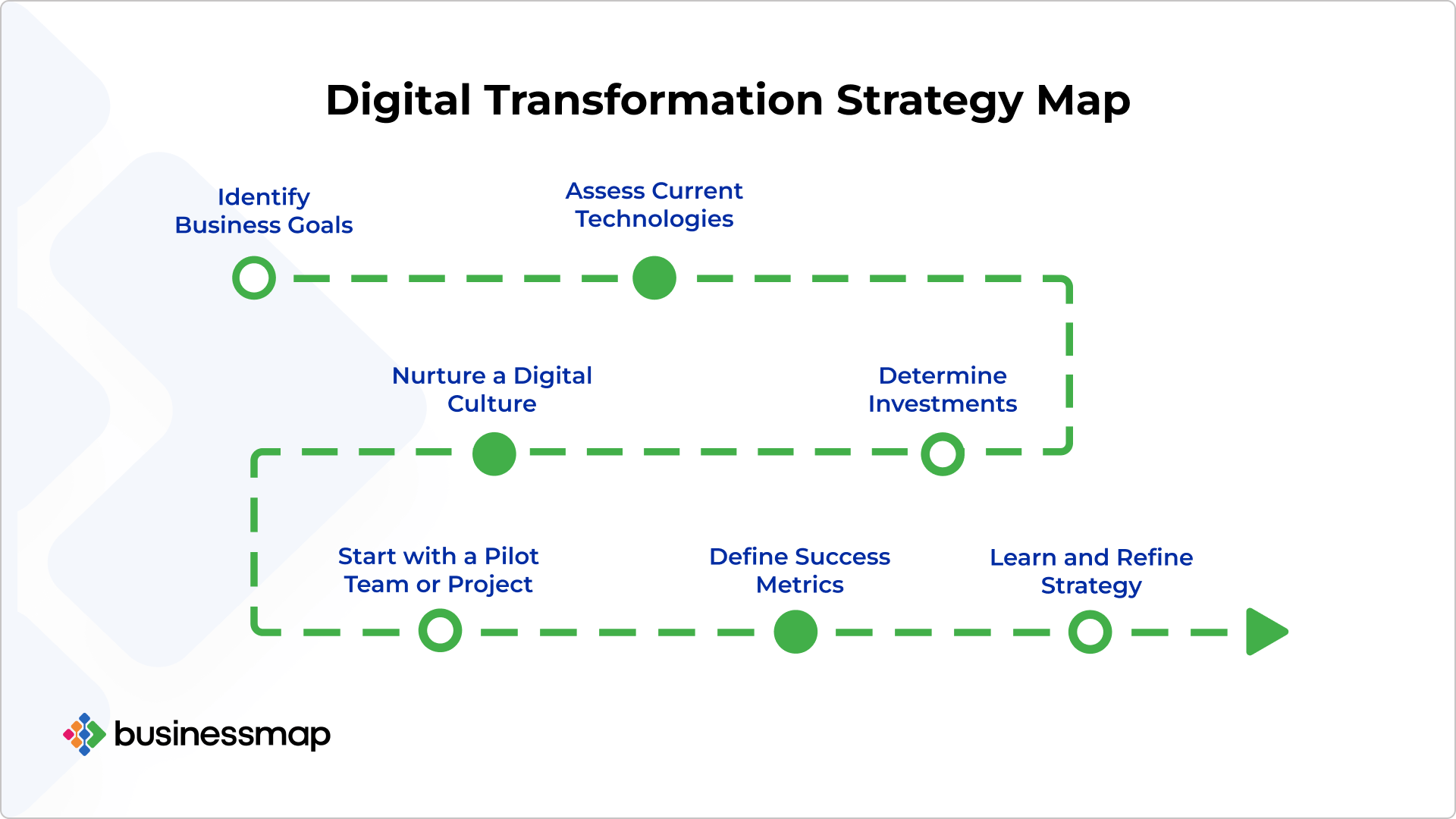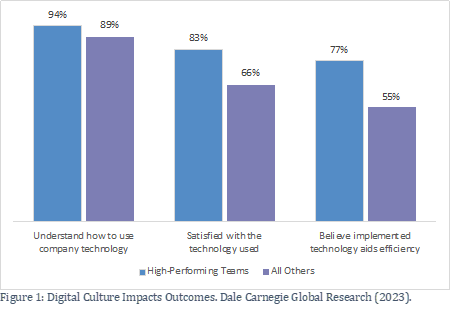What Is a Digital Culture And Why is It Important? Unlock Success
Digital culture is a way of life shaped by digital tools. It influences how we interact, work, and think in the digital age.
In today’s world, digital culture is everywhere. It affects our daily routines and business practices. Understanding digital culture helps us adapt to these changes. It is crucial for businesses to keep up with digital trends. This ensures they stay relevant and competitive.
Digital culture also impacts education, social interactions, and entertainment. Embracing it can lead to innovation and growth. For individuals, it means staying connected and informed. In this blog, we will explore what digital culture is and why it matters. By the end, you will see its importance in our modern world.

Credit: gdsgroup.com
Digital Culture Basics
In today’s fast-paced world, digital culture is more important than ever. But what exactly is digital culture? Simply put, it’s the way we interact with technology and integrate it into our daily lives. From social media to online workspaces, digital culture shapes how we connect, communicate, and collaborate. Understanding the basics of digital culture can help us navigate this dynamic landscape more effectively.
Core Principles
At the heart of digital culture are a few core principles. These principles guide how we use technology and interact in the digital world.
- Connectivity: Being able to connect with people and information anytime, anywhere.
- Collaboration: Working together with others, often across distances, using digital tools.
- Transparency: Sharing information openly and honestly to build trust and accountability.
- Adaptability: Being flexible and open to change, ready to adopt new technologies and ways of working.
Key Elements
Digital culture is built on several key elements that help us understand and thrive in this new era:
- Technology: This includes the devices, software, and platforms we use every day. Think smartphones, laptops, and cloud services.
- Communication: How we share information and interact with others. Social media, emails, and messaging apps play a huge role here.
- Content: The digital material we create and consume, such as videos, articles, and podcasts.
- Behavior: The way we act and react in the digital world, including our etiquette and online presence.
By embracing these core principles and key elements, we can better understand digital culture and its impact on our lives. After all, in this digital age, staying informed and adaptable is the name of the game!

Credit: businessmap.io
Impact On Business
Digital culture is transforming how businesses operate. It integrates technology into every part of a company. This change impacts collaboration, innovation, and overall success. Understanding its impact can guide businesses toward growth and efficiency.
Enhanced Collaboration
Digital culture fosters better communication within teams. Tools like Slack and Zoom make this possible. Team members can share ideas and feedback quickly. This leads to faster decision-making. Remote work becomes seamless, increasing productivity. Everyone stays connected, no matter where they are.
Increased Innovation
Digital culture encourages creative thinking. New tools and platforms spark fresh ideas. Employees feel empowered to experiment. This can lead to innovative products or services. A culture of innovation keeps a business competitive. It attracts talent and drives growth.
Role Of Technology
In today’s world, technology shapes how we live and work. It drives change and influences digital culture. Understanding its role helps us adapt to new ways of thinking and doing. Let’s explore how technology supports digital culture.
Digital Tools
Digital tools are software and platforms that help us work smarter. They enable better communication and collaboration. Tools like Slack, Zoom, and Microsoft Teams connect people from different locations. They make teamwork more efficient. Using these tools can save time and reduce misunderstandings. Moreover, digital tools help in managing projects. They keep track of tasks and deadlines. This ensures that everyone stays on the same page.
Automation
Automation uses technology to perform tasks without human intervention. It helps in completing repetitive work faster. Automated systems can manage data entry, emails, and social media posts. This frees up time for more important tasks. Automation also reduces errors. It ensures that tasks are done correctly every time. Using automation in digital culture improves productivity. It allows people to focus on creative and strategic work.
Benefits Of Digital Culture
Digital culture is a set of values and practices that support the use of digital technologies in everyday life. It impacts how organizations operate and how they engage with customers. Embracing a digital culture offers several benefits that can help businesses thrive in the modern world.
Improved Efficiency
Adopting a digital culture boosts efficiency in various ways. Digital tools automate repetitive tasks. This allows employees to focus on more important activities. Better communication tools enhance team collaboration. Remote work becomes easier and more productive. Efficient data management saves time and reduces errors.
Better Decision Making
Digital culture supports data-driven decision making. Access to real-time data helps leaders make informed choices. Analytics tools provide insights into customer behavior and market trends. This helps in crafting effective strategies. Decisions based on data are more accurate and reliable. It leads to better outcomes and increased competitiveness.
Building A Digital Culture
Building a digital culture is essential in today’s fast-paced world. It helps organizations adapt to new technologies and fosters innovation. A strong digital culture encourages collaboration and improves efficiency. But how do you build one? Let’s explore the steps and challenges involved.
Steps To Implement
First, assess your current culture. Identify areas needing change. Understand your team’s digital skills and readiness. Next, set clear goals. Define what you want to achieve with a digital culture. Communicate these goals to your team. Provide necessary training. Equip your team with digital tools and skills. Encourage experimentation. Allow your team to try new technologies. Create a safe space for failure and learning. Lastly, measure progress. Use metrics to track your digital culture’s growth. Adjust strategies based on feedback and results.
Challenges To Overcome
Resistance to change is a common challenge. People may fear new technologies. Address these fears through open communication. Explain the benefits of a digital culture. Provide support and reassurance. Another challenge is skill gaps. Not everyone may have the same digital skills. Offer training and development programs. Bridge these gaps and build confidence. Also, maintaining a balance is crucial. Too much focus on digital can affect human connections. Encourage face-to-face interactions alongside digital collaboration. Lastly, staying updated can be tough. Technology evolves rapidly. Keep your team informed about the latest trends. Invest in continuous learning.

Credit: www.linkedin.com
Frequently Asked Questions
What Is Digital Culture And Why Is It Important?
Digital culture encompasses the practices, values, and norms shaped by digital technology. It’s important for fostering innovation, connectivity, and modern business operations.
What Are The 4 Pillars Of Digital Culture?
The 4 pillars of digital culture are innovation, data-driven decision making, collaboration, and agility. These elements drive success in the digital age.
What Are The Core Values Of Digital Culture?
The core values of digital culture include collaboration, transparency, innovation, agility, and customer-centricity. Emphasize these values to thrive.
Conclusion
Embracing a digital culture is vital for modern businesses. It fosters innovation, collaboration, and agility. Digital tools streamline processes, making work more efficient. Employees feel more engaged and connected. Adaptation to digital culture can boost competitiveness. It’s not just a trend; it’s a necessity.
Companies that embrace digital culture thrive in today’s fast-paced world. Start your journey towards a digital culture now. Engage your team and transform your business.



